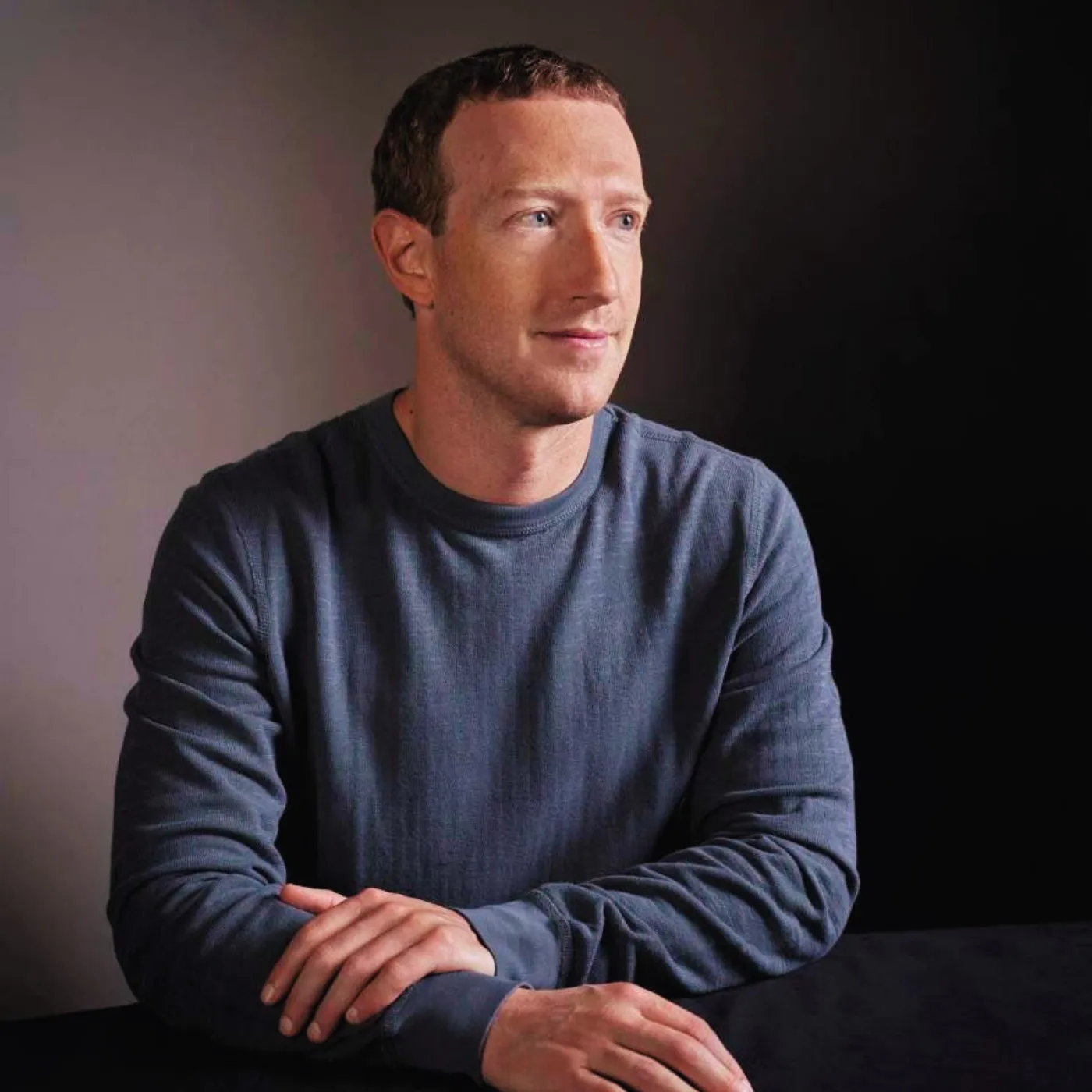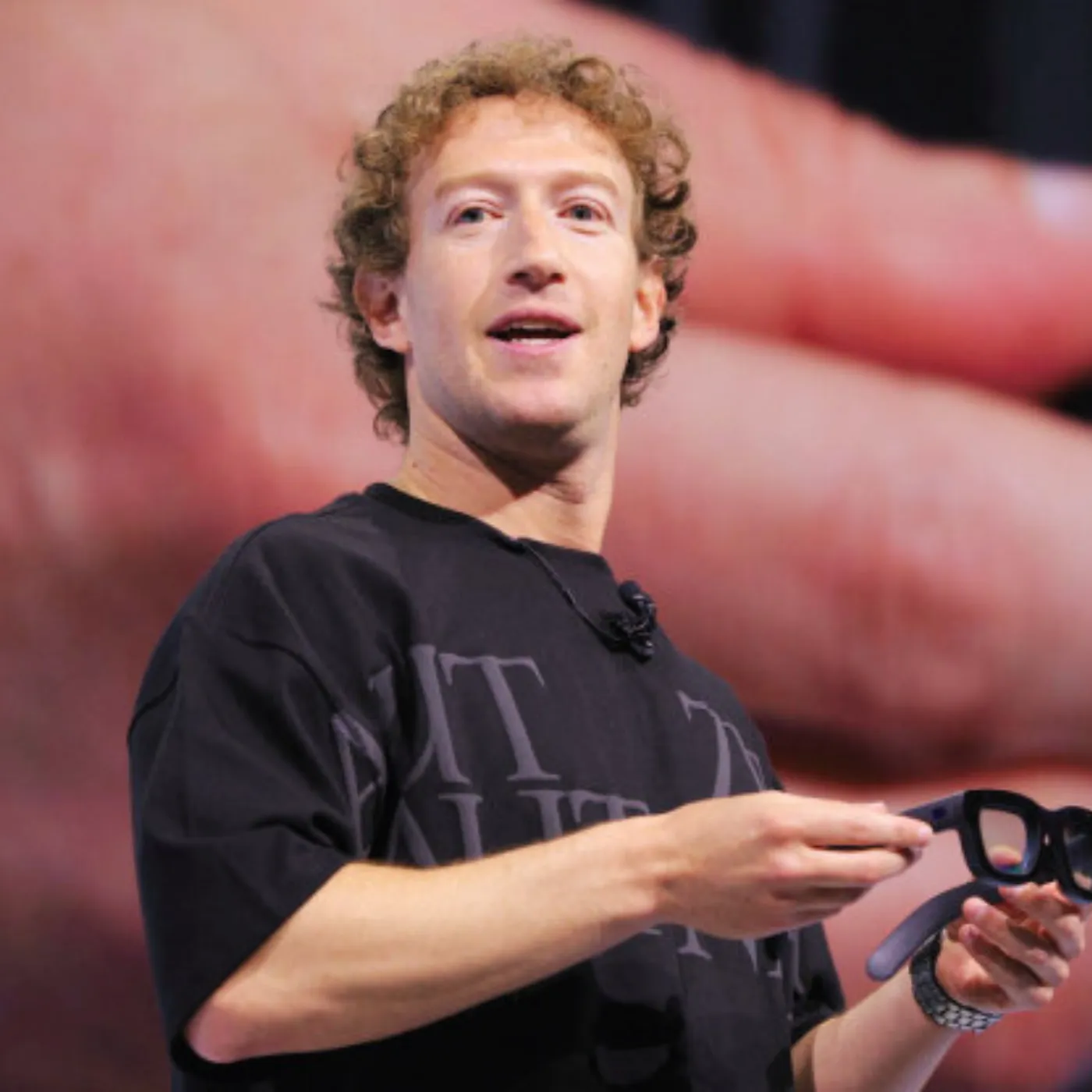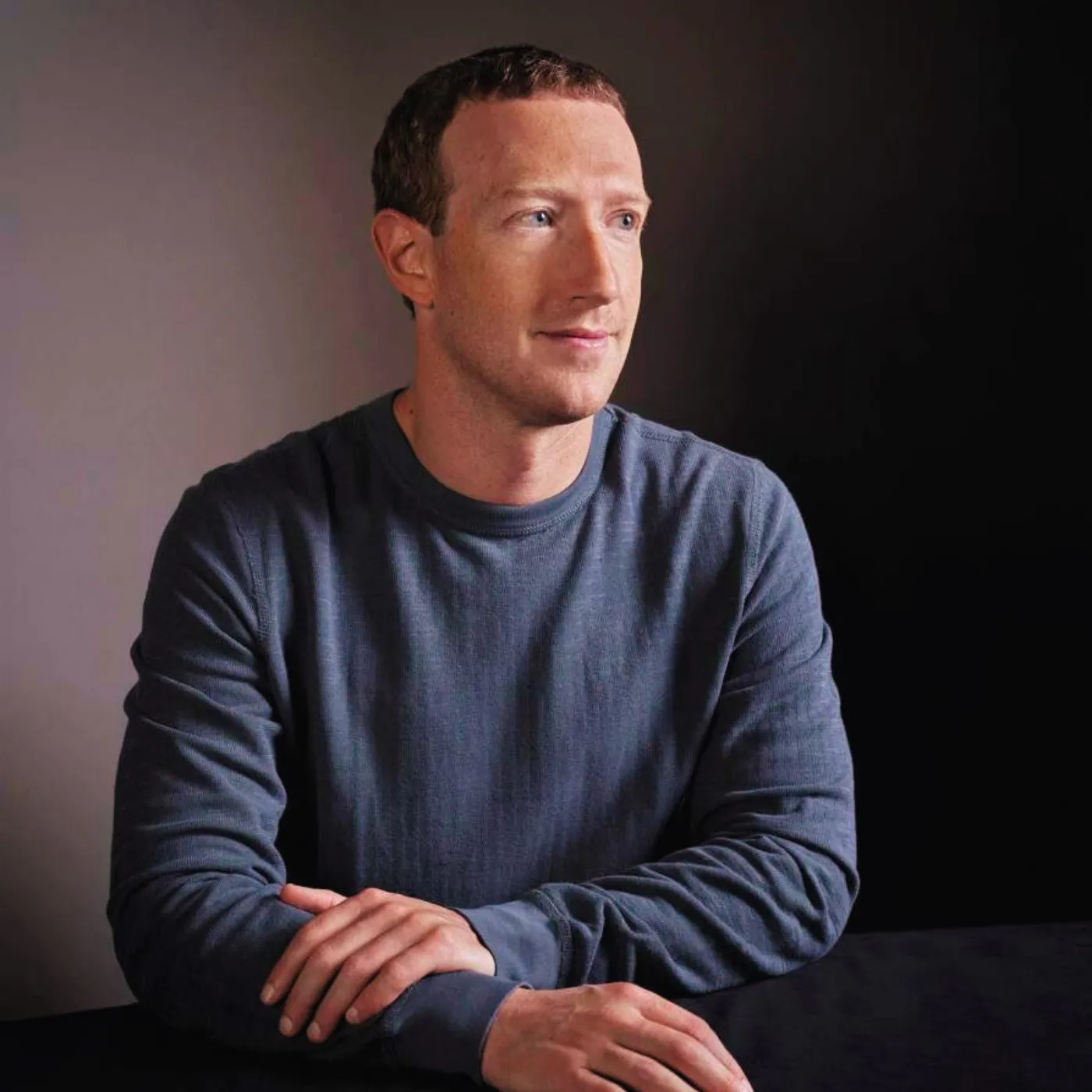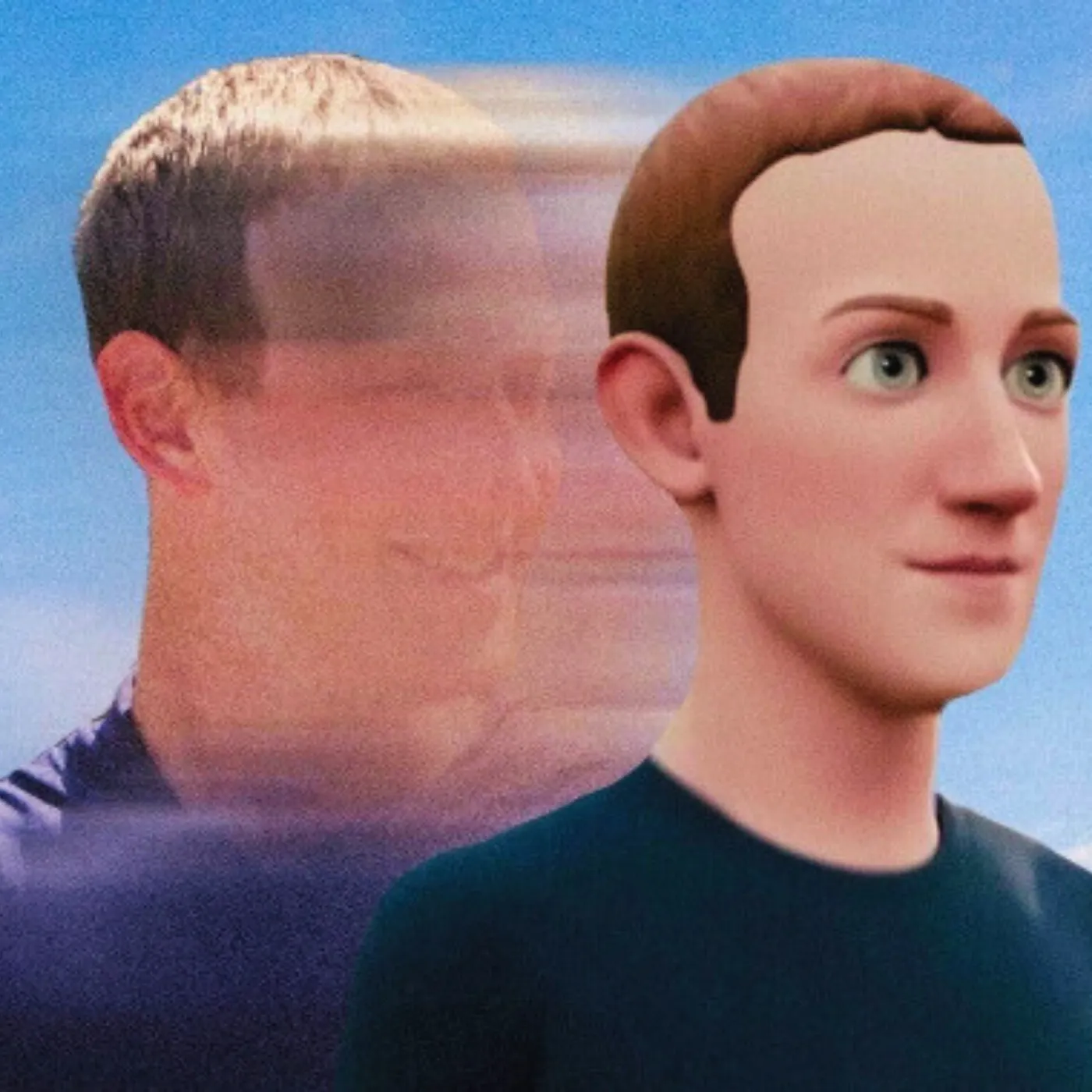

Mark Zuckerberg’s Meta 2026 Plan: Fire the Marketers, Let the Bots Take Over
Mark Zuckerberg is no stranger to bold moves, but his latest ambition could send shockwaves through the entire advertising industry. In a recent announcement that has marketers, tech analysts, and creatives buzzing, Meta revealed its aim to fully automate advertising with artificial intelligence (AI) by 2026. While Silicon Valley praises the innovation, others are raising eyebrows about what this really means for the future of human creativity, digital control, and job security.

This isn’t just another tech upgrade. It’s a tectonic shift.
The Mastermind Behind the Machine
From his dorm room at Harvard to the helm of a trillion-dollar empire, Zuckerberg has always positioned himself at the intersection of disruption and dominance. But Meta’s AI-driven advertising vision signals something even more radical: a world where code doesn’t just support creativity — it replaces it.
“We’re building systems that understand people better than people do,” Zuckerberg reportedly said during a closed-door investor call. And with Meta’s unmatched data access across platforms like Facebook, Instagram, and WhatsApp, that statement isn’t hyperbole — it’s a warning.
What Meta’s AI Actually Does
Unlike traditional advertising tools that rely on human input, Meta’s evolving AI systems will:
Analyze behavioral data in real time
Generate and A/B test ad creatives automatically
Optimize budgets without human oversight
Deploy campaigns across platforms with minimal friction
In other words, the algorithm will become the advertiser.
According to internal reports, Meta’s AI has already outperformed human marketers in test markets by up to 30% in conversion efficiency. That’s not a boost — it’s a revolution.
Why This Frightens Marketers
For years, ad professionals relied on their instincts, experience, and cultural knowledge to craft messages that resonate. But in Meta’s future, instinct gets replaced by machine-calculated precision. And for thousands of copywriters, designers, and ad strategists, that sounds like a slow, silent layoff.
“We’re not just training AI to sell products,” one insider noted. “We’re training it to understand people better than people understand themselves.”
If Meta succeeds, your job ad could soon be competing with a bot that never sleeps, never makes typos, and never needs a coffee break.

Data: The Real Goldmine
At the core of Meta’s plan lies its greatest asset: user data. With billions of data points harvested daily from its platforms, the AI isn’t just learning what people like — it’s learning why they like it. This lets Meta’s system build hyper-personalized ad experiences, tailored down to emotional triggers and micro-moments.
But here’s where the controversy spikes: users never explicitly agreed to have their emotional behavior used to train marketing robots.
Is it legal? Yes. Ethical? That’s a different story.
The Business Case for Going Fully Automated
From Meta’s perspective, the logic is simple:
Lower costs: No need to pay agencies or staff.
Higher precision: Machines don’t rely on trends; they calculate them.
Faster turnaround: Campaigns launch in seconds, not weeks.
Investors are loving the math. Stock analysts already predict Meta could increase its ad profit margins by 20-25% annually if automation scales globally. And in an era of economic uncertainty, that’s not just attractive — it’s irresistible.
What This Means for the Internet
If Meta succeeds, we may soon enter a digital ecosystem where nearly every ad is designed by algorithms, refined by real-time data, and emotionally engineered for click-throughs.
That could mean
A flood of eerily relevant ads
Decreased diversity in creative thinking
Loss of human expression in commercial content
Critics argue this could make the internet feel more like a predictive machine than a human space. Zuckerberg, however, appears undeterred.
The Backlash Begins
Already, freelance marketers and creative agencies are rallying online, warning about the risks of an AI-monopolized ad ecosystem. Hashtags like #KeepCreativityHuman and #NoToBotAds have been trending on Twitter and LinkedIn.
Some former Meta employees have anonymously leaked concerns about the system’s black-box nature. “Even we don’t fully understand how the AI makes decisions,” one source claimed. That opacity raises serious questions about algorithmic accountability.
Zuckerberg’s Endgame?
While Zuckerberg maintains the AI shift is about empowering businesses, critics suspect something larger: an attempt to dominate the global flow of commerce itself. If Meta controls the tools that control the ads that control the sales, what does that make Meta?
Some call it efficiency. Others call it digital colonization.
For advertising agencies, the challenge is immense. No longer can they rely solely on traditional methods of crafting campaigns or managing client relationships. Instead, they must reinvent their value proposition — offering strategic insights, brand authenticity, and creative storytelling that AI algorithms cannot easily replicate. This means a pivot from execution to high-level consultancy, narrative shaping, and cultural intuition.
Creative professionals will also feel the pressure. While AI can analyze data and optimize placements, it lacks genuine emotional intelligence. Human creativity thrives in nuance, empathy, and unpredictable inspiration — qualities still difficult to encode into lines of code. The future will demand creatives who specialize in emotional resonance, complex storytelling, and innovative strategy to complement AI’s efficiency.
But the stark truth remains: Meta isn’t pausing for anyone. Mark Zuckerberg and his team are racing ahead with this AI-driven vision, betting on automation as the next frontier of advertising dominance. Their aggressive timeline leaves little room for hesitation or complacency.
For many in the industry, this moment will be remembered as a defining fork in the road — where human ingenuity must evolve or be eclipsed by machine precision.
Conclusion: Welcome to the Age of Algorithmic Advertising
Whether you view it as a threat to jobs and creativity or a revolutionary breakthrough in marketing efficiency, there’s no denying that Meta’s 2026 plan is already reshaping the entire advertising ecosystem.
Zuckerberg isn’t just assembling another tech platform; he’s architecting a future where algorithms control the narrative, where machines dictate what people see, feel, and buy. This is not merely about improving ads — it’s about fundamentally rewriting how commerce, influence, and communication operate in the digital age.

The pressing question now isn’t whether Meta’s AI advertising vision will succeed — the signs suggest it almost certainly will. The real question is whether marketers, creatives, and consumers alike are ready to navigate the new reality where machines run the message.
Will we embrace the efficiency and scale AI offers, or will we mourn the fading of human touch and unpredictability in storytelling? One thing is certain: the advertising landscape of tomorrow will look very different, and Meta is leading the charge into that uncertain future.


















